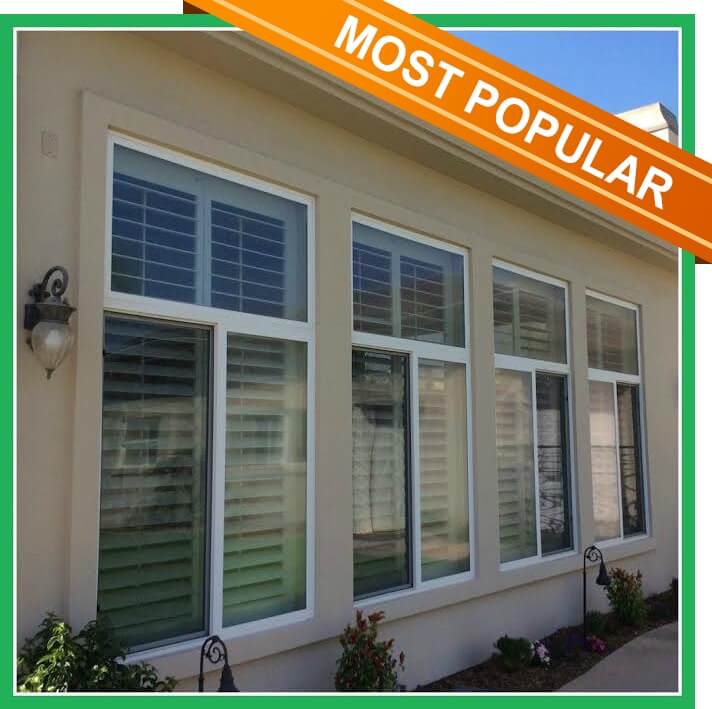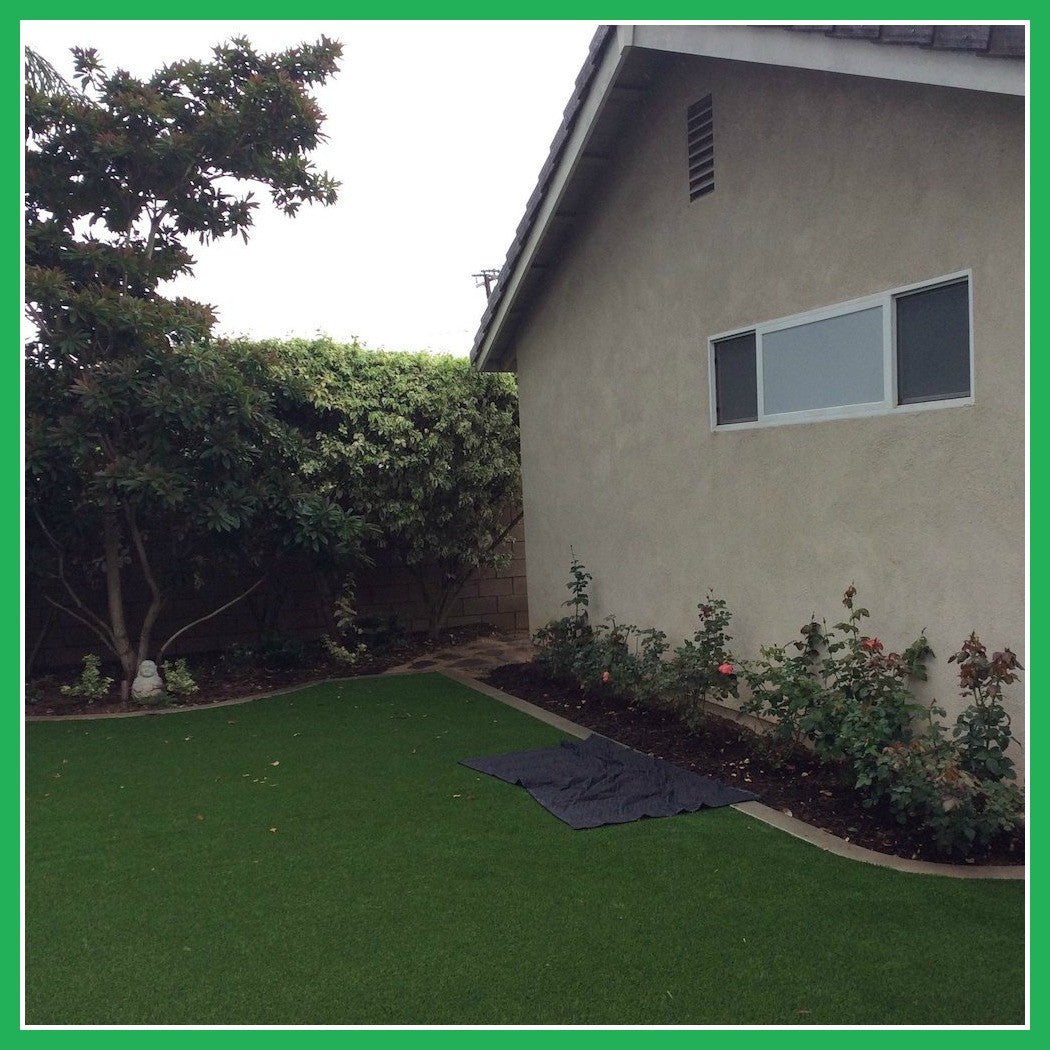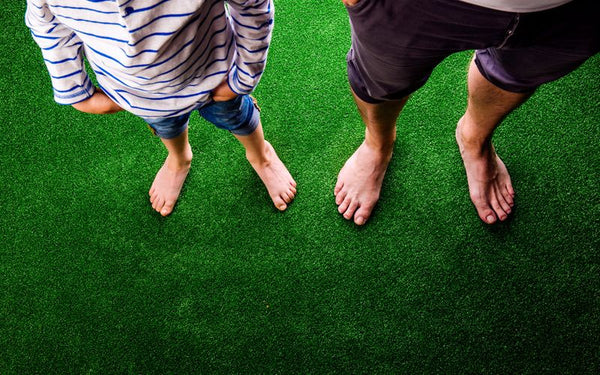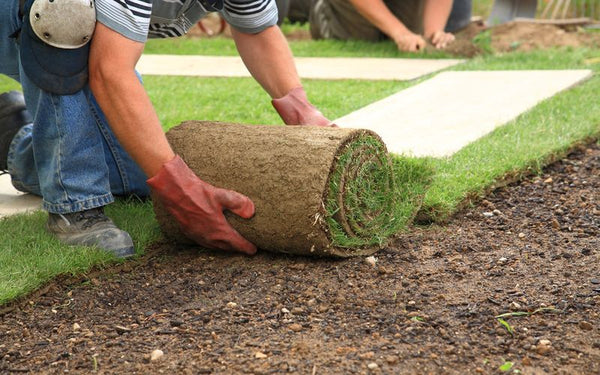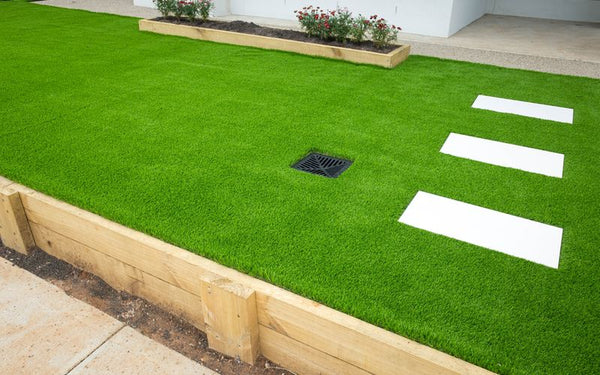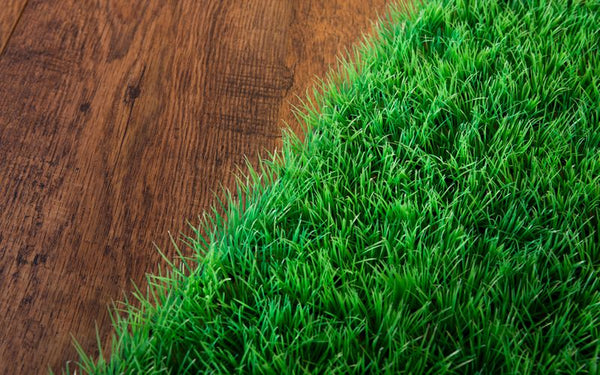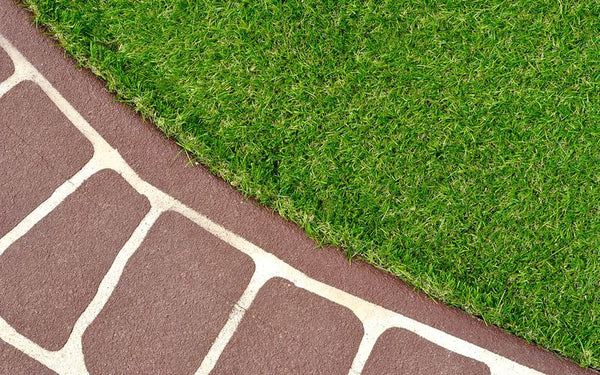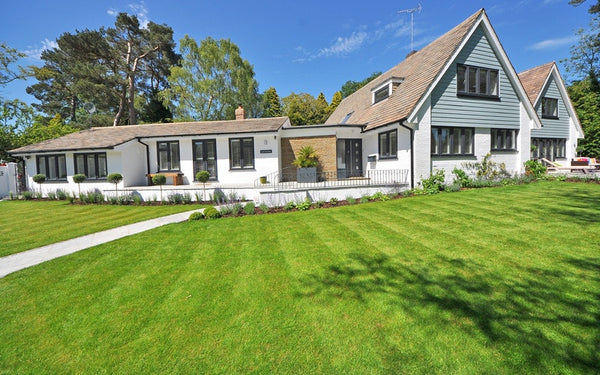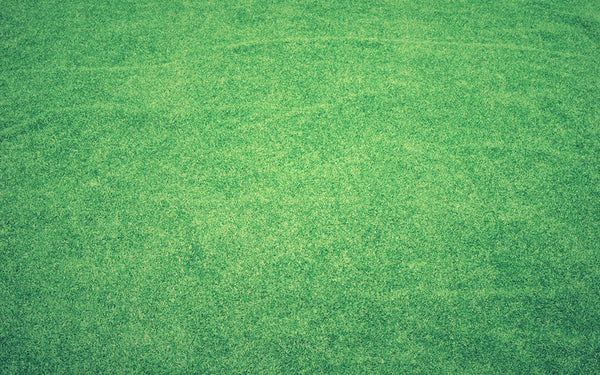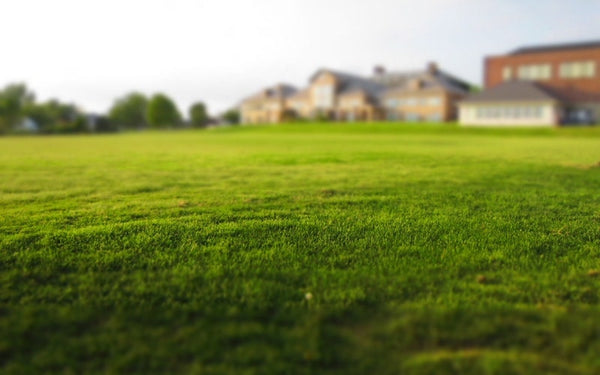A vinyl siding is one of the widely used exterior wall materials in many residential areas. Aside from its affordable price, it enhances the aesthetics of your home. However, vinyl siding is susceptible to melting. For this reason, many vinyl siding manufacturers have received complaints from their consumers.
To solve this problem, they have created heat resistant vinyl siding. According to ads, it’s more resilient to hot temperatures. Thus, it reduces the risk of thermal distortion in vinyl siding. The question is – is it enough to avoid this damage?
Facts About Heat Resistant Siding
Many people recommend this product because of its remarkable performance. Some say that this product can stop vinyl siding melting due to window reflection. To find out if this statement is true, here are some facts about heat resistant vinyl siding.
The Appearance of the Siding When Exposed to UV Rays
Vinyl siding pigments fill the entire wall; therefore, scratches and scrapes are less likely to appear. Additionally, colorants used by this siding are resistant to UV rays. Hence, you don’t need to repaint your wall unless you wanted to do it.
Water Retention
The heat resistant vinyl siding is water-resistant, not waterproof. When you install it against the wall, it can pose a potential water retention risk. Once it traps the moisture, it can damage your cladding and cause molds to appear.
Heat Performance
The flame ignition temperature of vinyl siding can reach up to 730 degrees Fahrenheit so that it can protect your house from fire. However, the vinyl siding melting point is still low as it can only reach up to 220 degrees. Nonetheless, it is higher than the average melting temperature of vinyl siding, which is 165 degrees.
Is It Enough to Prevent Thermal Distortion?
Manufacturers may have improved the siding’s melting point, but it’s not sufficient to prevent your vinyl siding from melting. To make it last longer, you need to put some shades on your windows and walls. Doing this will avoid thermal distortion.
However, shades can darken a room. If you don’t want to compromise your home’s brightness, you should choose perforated window screens. These are applied on top of your windows. Its primary purpose is to reduce glare and heat, resulting in extending the life expectancy of the heat resistant vinyl siding.
To learn more about this window screen, go to our website and buy our Turf Guard Window Film products.

